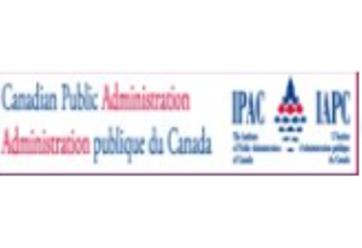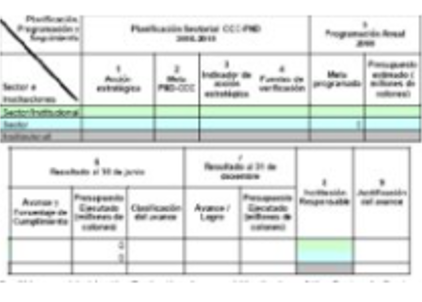Resources
Displaying 1 - 3 of 3
From Colonization to Reconciliation: Increasing the Collaborative Capacity of Public Servants
| English | Spanish | Leadership and Public Servants’ Capacities | Americas | Publication | IPAC/IAPC
In call to action 57, the Truth and Reconciliation Commission calls upon federal, provincial, and territorial governments to enhance the skills and knowledge of public servants. Leveraging collaboration theory and collaborative capacity, this article delves deeper into the skills, attitudes, and knowledge required of public servants who regularly work with First Nations organizations and governments. Using findings from a health care…
Comprehensive Performance Indicators of the Public Sector
| English | Spanish | Leadership and Public Servants’ Capacities | Americas | Publication | CLAD
The monitoring and evaluation information is conditioned on a series of factors in order to be used effectively. Various studies bear witness to rather formal uses - such as information that accompanies accountability to Congress and annual management reports of the agencies - but there is less emphasis on uses for the use of learning and for the allocation of spending (Cunill and Ospina 2008) (Villarreal, July, 2007).
This study starts…
The Human Factor in Capacity-Building for Development - Committee of Experts on Public Administration
| Arabic | Chinese | English | French | Russian | Spanish | Leadership and Public Servants’ Capacities | Global | Publication | UN DESA/DPIDG
The present note by the Secretariat has been prepared on the basis of an outline provided by the members of the Committee of Experts on Public Administration. The Committee adopted the theme of the human factor in capacity-building for development, as the main agenda item for its eighth session (see Economic and Social Council decision 2008/254).
The present note has been prepared to establish the understanding that people matter most in…
 Bienvenidos a las Naciones Unidas
Bienvenidos a las Naciones Unidas


